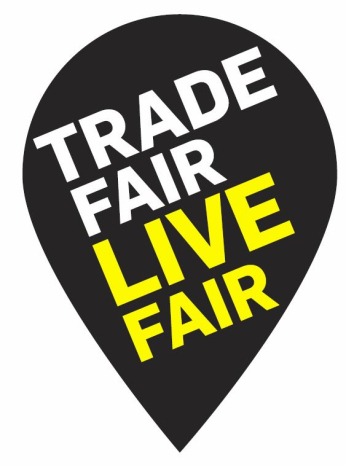New coalition for EU laws to clean up the clothing and textile industry
News details

It’s not too late to join a broad collation of some 65 civil society organisations calling for decisive action to improve the rights of the workers who make our clothes and shoes. The coalition want the European Union to develop a comprehensive strategy to tackle the poor working conditions, human rights abuses and environmental damage in the Textile, Garments, Leather and Footwear sector.
On April 23, the coalition of 65 laid out their vision for the global Textile, Garments, Leather and Footwear (TGLF) sector by releasing their own strategy for action. The strategy details what the coalition says are realistic legislative and non-legislative actions that the EU could undertake to contribute to fairer and more sustainable TGLF value chains.
“The process to sign up and support our strategy is open-ended,” said Sergi Corbalán, executive director of the Fair Trade Advocacy Office, who invites others to join the coalition. “Organisations that were not involved in the process - but that still want to support it – are more than welcome to join because this process will keep on going through this year,” he added.
The Fair Trade Advocacy Office is part of the European fair trade movement, which has received support from the European Union’s Development Education and Awareness Raising Programme for their joint project, ‘Trade Fair, Live Fair’. The DEAR Programme supports around 30 projects taking place across Europe at any one time, funding education activities and awareness raising campaigns on issues that European citizens care about - like climate change, social justice and fair trade.
The textile and clothing industries have become inextricably linked with exploitation of workers in recent years. The 2013 collapse of the Rana Plaza, a garment factory in the Bangladesh capital of Dhaka, threw a spotlight on the working conditions of the thousands of garment producers. Over 1,100 factory workers many of them women, died in the Rana Plaza collapse and thousands more were injured.
Clothing, textile and shoe making industries have also been on the receiving end of criticism for their environmental impact. A European Parliament briefing paper from January 2019 stated that “while food and drink, transport and private housing account for 70 to 80 % of the environmental impact of EU consumption, clothing dominates the rest”.
Timely action
The ‘Civil Society European Strategy for Sustainable Textile, Garments, Leather and Footwear’ is a timely document, coming as the European Commission has announced its commitment to a “comprehensive EU textile strategy” in its Communication on the Circular Economy Action Plan.
Civil society organisations say that, given the size of the EU market for clothing and textiles, the new regulations in the EU could play a powerful role in changing practices around the world in this highly globalised industry. Clothes bought in European highstreets are increasingly manufactured overseas in poorer countries where laws to protect workers and the environment are typically weaker than in the EU. In 2004 33% of European clothes were made outside of the EU – by 2012 that proportion had rocketed to 87%.
On launch day in April, coalition representative, Sergi Corbalán, executive director of the Fair Trade Advocacy Office said: “Voluntary industry action has failed to bring about a fair and sustainable textile industry, so it’s time for EU leaders to reset the industry’s structure” and added “This ‘Shadow Strategy’ offers the EU the combined expertise of 65 Civil Society Organisations who have years of experience in dealing with the various impacts of the sector. It’s not a menu from which the EU can pick specific initiatives and leave others behind, but a comprehensive strategy in which taking action in each field reinforces the efforts put into others”.
The civil society vision for a comprehensive EU Textile Strategy contains a series of recommendations, including:
- Ensuring companies are legally obligated to take responsibility for not only their own activities but their whole supply chain by applying an EU due diligence law across all sectors, including specific requirements for the TGLF sector. Signing a multi-stakeholder partnership should not exempt business from responsibility.
- Stricter environmental rules that cover how textile products sold in the EU are designed and produced, legal and financial responsibility on producers for when their products become waste, as well as meaningful measures to promote transparency.
- Ensuring brands and retailers are legally obliged to honour contracts and end the culture of unfair purchasing practices that gives them impunity to cancel orders without honouring payments - leaving workers without pay and a wasteful pile up of unsellable products.
- Make governance reforms and better law enforcement in producing countries part of the solution to sustainability issues faced in the TGLF value chains.
- Through trade policy, use EU market power to leverage sustainable production practices in the TGLF industry.
To read the full coalition strategy, go here.
To find out more about the coalition, contact:
Jorge Conesa conesa@fairtrade-advocacy.org
Log in with your EU Login account to post or comment on the platform.